Yes. Black holes. That’s what we are going to talk about today. Every time someone mentions black holes, most of the people get deeply intrigued. We will today help you in understanding a black hole and everything related to it.
It’s the centre of many theories, both science and fiction. This is why today we are going to tell you all about them. While understanding a black hole, we will also debunk some myths and false stories.
It’s perhaps because they are indeed so bizarre and mysterious that people love to talk about them. Many Sci-Fi novels have been written, many theories about what could be in there have been circulating.
With so many theories around, it’s important that we understand what a black hole truly is and that not everything you hear about them is true. So let’s start this exciting new journey to learn all about them.
What is a black hole?
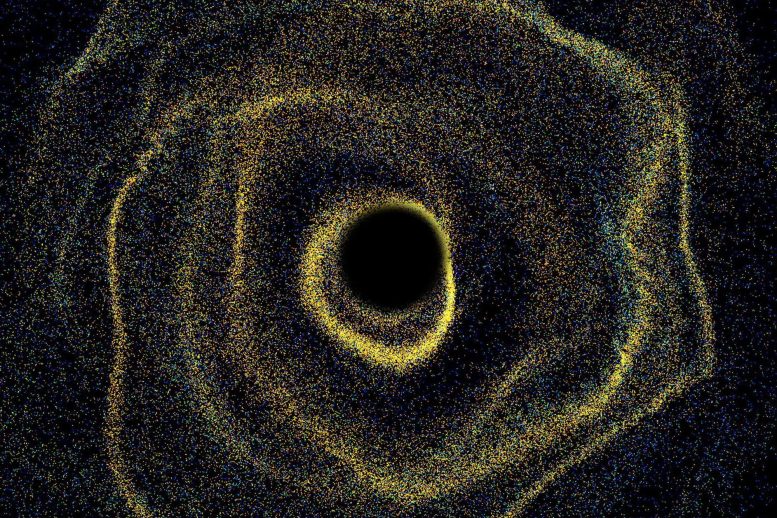
Basic, but the most important thing in understanding a black hole is to know what exactly it is. Blackhole is that place, that region, that area in the spacetime where gravity is so strong that it pulls everything in. Nothing – no particle or even radiation can escape it.
The gravity is so, so strong that it squeezes all the matter into very tiny space. There is a reason why we call them black holes – because even light can’t leave it. And since no light reflects it, we can not see a black hole.
So does that mean black holes can never be seen? Well, not exactly. In fact, scientists have recently been successful in capturing the first-ever picture of a black hole.
But don’t be confused – a black hole itself can not be seen, but its event-horizon can be seen, yes.
The event horizon of a black hole
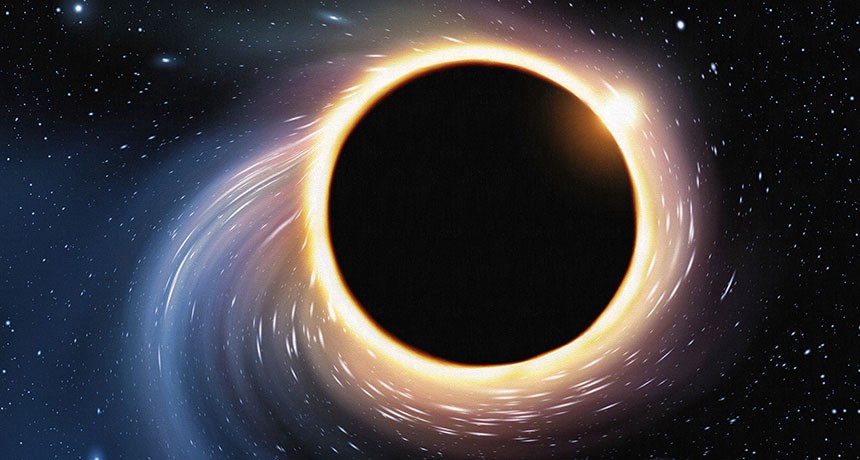
In simple terms, an event horizon is the edge of the black hole, its threshold. It’s the actual point of no return.
At the event horizon, the escape velocity of an object far exceeds the speed of light. But wait for a second – what the hell is escape velocity?
In simple terms, escape velocity is that lowest velocity that an object needs if it is to escape the gravitational pull of any object, or in this case, black hole.
So basically, if you are about to fall into a black hole, then your speed must be far greater than that of light. Sounds difficult, eh?
So that border – the event horizon – is the place beyond which we can see nothing. Now then, how exactly did they manage to capture the image of a black hole in 2019? What they actually captured was the image of the event horizon surrounding the black hole.
You see, whenever an object gets closer to the event horizon of a black hole, the image of the object reddens. This image is the result of distorted light coming from the object due to the effects of gravity.
When this image is totally past the event horizon, it’s image is also gone. So basically, what you see, in itself, is not an event horizon. It’s that border where the event horizon exists and the light is coming from the object crossing the event horizon.
How are they formed?
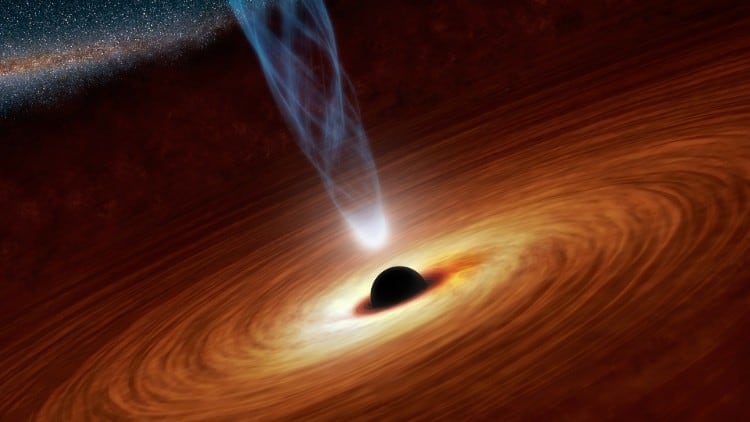
Understanding a black hole is incomplete without understanding how it came into the existence in the first place.
Black holes, as is understood by scientists, are formed when massive stars die and collapse in on itself. And as they consume more and more matter, they become more massive.
Many of you might already be knowing that stars burn because they fuse hydrogen into helium. But as these stars approach the end of their lives, the hydrogen that they used up until now is almost finished.
Now, these stars start burning the helium and fusing their remaining atoms into heavier elements like iron. This doesn’t provide enough energy to sustain the outer layers of the star.
As a result, these outer layers of the stars collapse inward on itself which creates a massive explosion. This extremely bright and powerful explosion is what scientists call a supernova. But this explosion doesn’t destroy everything. A very small part of the star is left behind.
This very small part of the star could still be very much larger than other stars. If this small part left behind by the dying star is three times as big as our sun, its powerful gravitational force will crush its own particles into an infinitely small point. This is the black hole.
If this small point is left alone, it’ll be no danger whatsoever to anything at all. But if anything comes too close to it – gas or dust – it will swallow it. And as it keeps swallowing such gases and clouds of dust and other matter, it’ll keep growing into size.
Myths surrounding a black hole
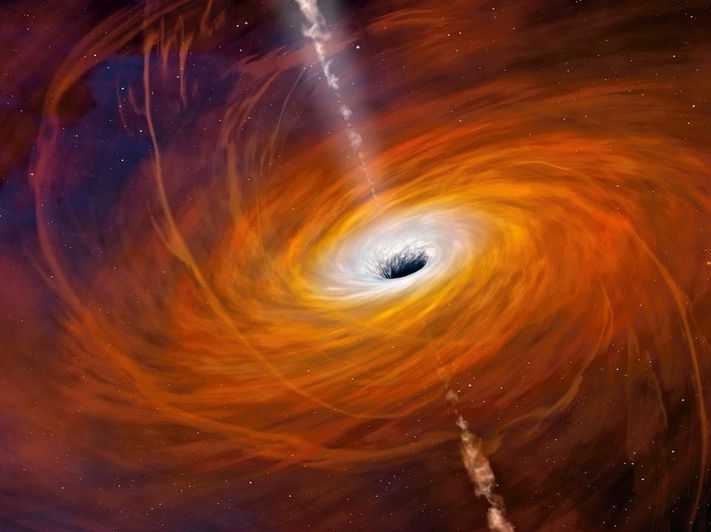
Mysterious things tend to have some rumours about them and the same is the case with black holes as well. Understanding a black hole also means knowing the difference between facts and fiction.
Black holes are mysterious and attractive (pun intended!) and they attract not just the people of science but also the people of fiction and stories.
When reading or talking about black holes, it’s important you consult valid sources. Always confirm what you hear and do not end up falling for lies and tales. We will now briefly mention some of the most famous myths that surround black holes.
Myth 1: Black holes are completely black
No, they are not. We can see, obviously, where that idea comes from, but despite the name being “black hole” they are not completely black.
Myth 2: All black holes are of the same size
Again, not true. Black holes actually come in all different shapes and sizes. Just like your pizza, they come in small, medium and large size.
Myth 3: Blackhole will suck you in if you get too close
Yeah, many people think of it as a massive vacuum cleaner which will just suck you in from far if you get anywhere near it. But as it is, you can actually get pretty close to the black hole without getting sucked in.
Myth 4: Black holes will never go away
In fact, black holes will eventually fade away. A process called “black hole evaporation” will eventually lead the black holes to vanish.
Myth 5: Sun (and all other stars) will eventually become black holes
Okay, so… it does not work like this. Our sun will not become a black hole – it isn’t big enough to become a black hole. Yes, some stars do become black holes under certain conditions, but that’s not the fate of every star out there in the universe.
For now, let’s stop it here with these most famous myths, but these are not all. Maybe we can do another article on this topic alone some other day, but for now, we leave it here. There are several other myths about black holes, so make sure to be sure.
Some fun facts about black holes
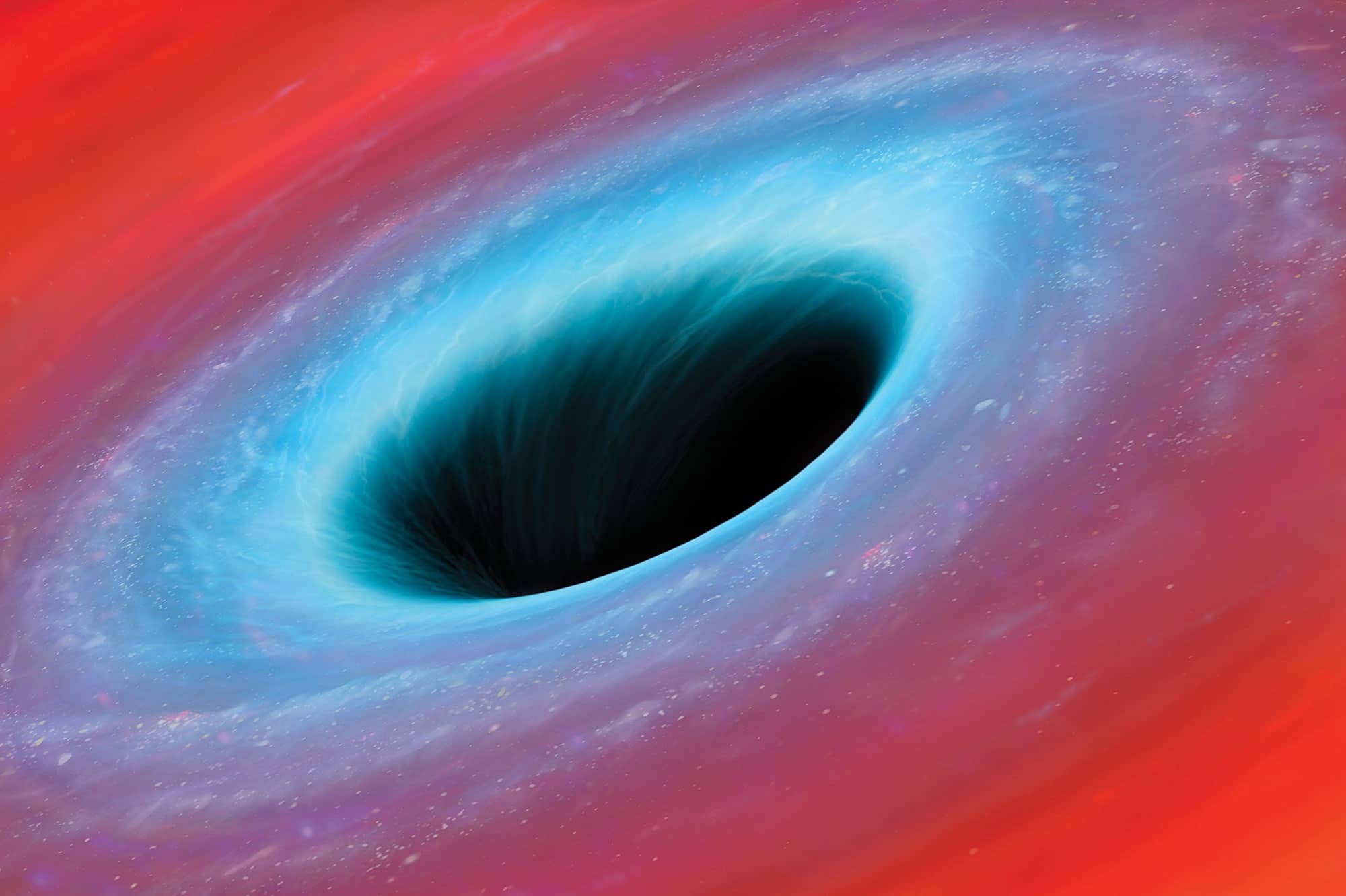
It’s only relevant, isn’t it, to discuss some important facts about them after knowing some famous myths related to them? Fun facts will help us in understanding a black hole better!
Fun fact 1: Black holes will spaghettify everything – you too!
Yep! Black holes will literally stretch anything and everything that gets close to it – like strands of spaghetti. Hence, this phenomenon is called spaghettification. I’m not making it up. Google it, friend.
Fun fact 2: Black holes could create new universes
Yes. This might sound fantastic and a bit hard to believe, but there is research going on about this possibility.
Fun fact 3: Our milky way most probably has one
Yes, I’m talking about the possibility of our galaxy having a black hole in it. But don’t worry – even if there is a massive black hole somewhere in our galaxy, the earth is in no danger. You can relax! In fact, scientists believe that every galaxy has a black hole.
Fun fact 4: Black holes are not dangerous – if you maintain the distance!
Many people think that black holes are extremely dangerous but that is not the case. At least that is not the case if you keep your distance. Black holes can only become dangerous if you get anywhere near the event horizon.
Fun fact 5: Black holes hold galaxies together
That’s what scientists believe. A supermassive black hole exists at the centre of every galaxy and works as an anchor to hold it together.
What if you ever fell into a black hole?
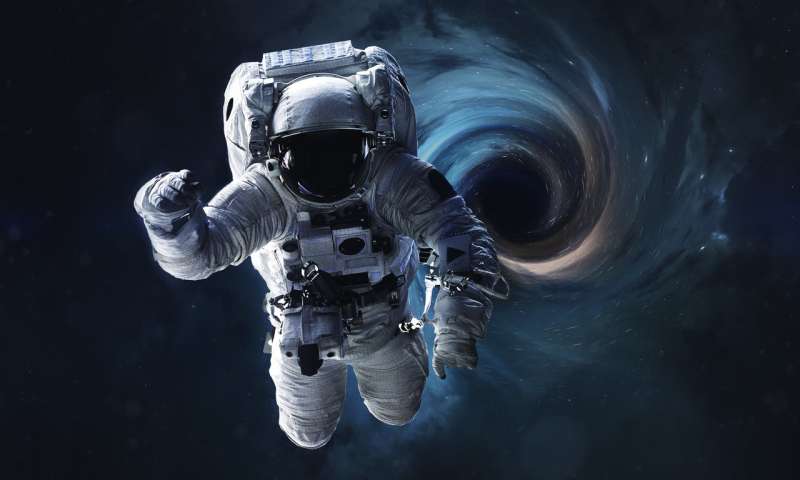
Now that’s the big question, isn’t it? What happens when you fall into a black hole? The answer is not as simple as the question itself. Many people expect that falling into a black hole will tear them into pieces or totally crush them – literally. And unlike many other things, this is not a myth.
If you get too close to the black hole, then you will get pulled in and the photons that are being pulled alongside will create spectacularly blinding light.
Again, getting pulled is not the same as getting sucked in. You will only get pulled in if you wander too close to the black hole – just how if you get into the contact of earth’s gravity, it will pull you down.
You must note that the person who falls through the black hole and the observer who sees you falling through will experience different things. Also, the size of the black hole matters.
Falling in the black hole
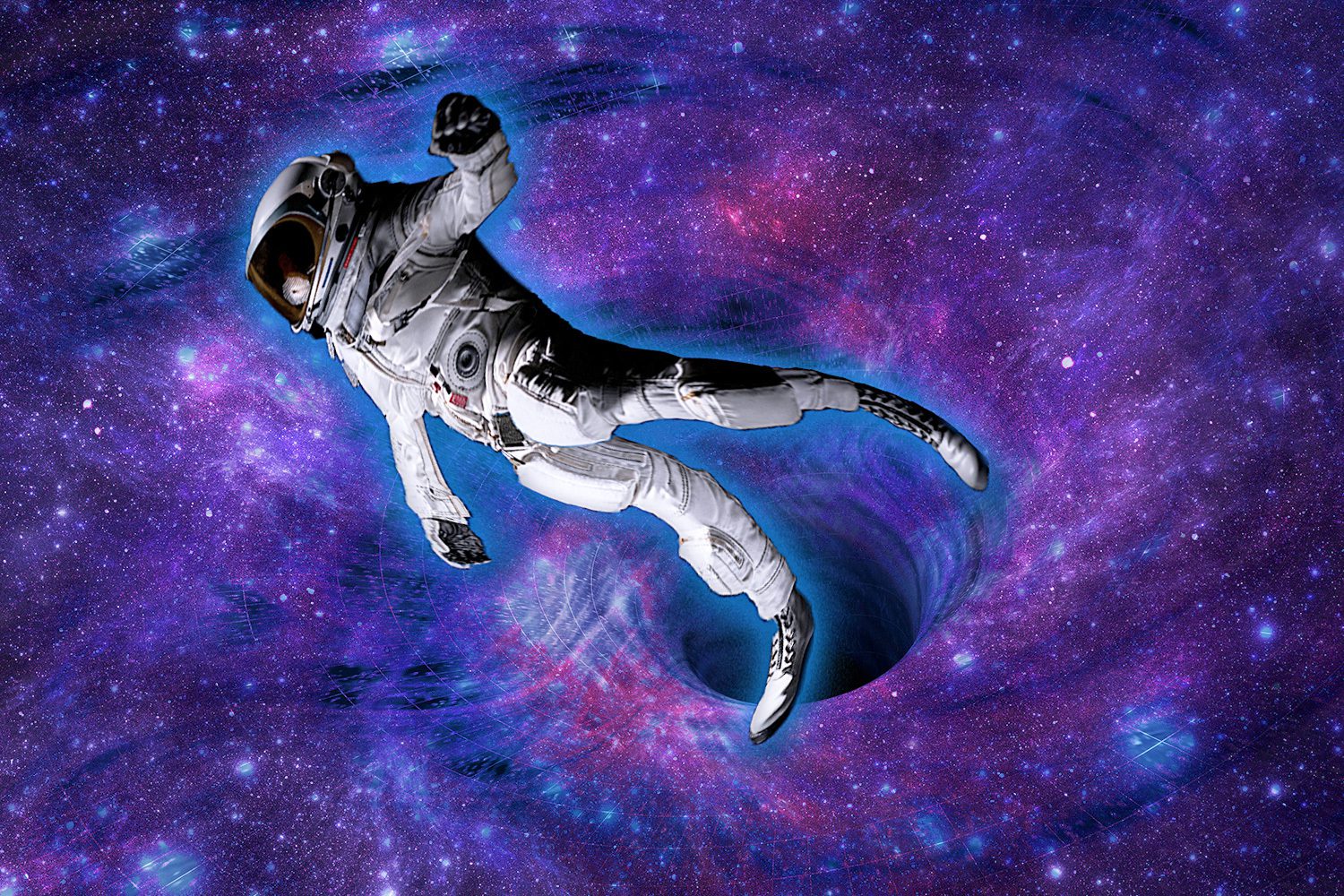
If the black hole you fall into is a small one, the first thing that will happen now is spaghettification. The extreme gravity will literally pull you apart, different body part at a different speed. This will happen even before you reach the event horizon.
Suppose you fell feet first, then your legs will be pulled away from your upper body before your neck and head follow the same fate. Soon after this, your body will disintegrate into atoms before you can understand anything.
Now what happens to these atoms of yours when they reach the centre of the black hole is not known. To an outsider, it would seem like they just saw your body stretch and contort as if seeing through a magnifying glass.
This dissolution of your being will happen so fast you won’t have time to blink or feel anything. In fact, it would happen in a billionth of a second.
Although, if you were to fall into a supermassive black hole, you may not die of spaghettification before reaching the event horizon. You will die after reaching it.
After this, your atoms will proceed down to the centre of the black hole, also known as the singularity. What happens there, no one knows. So it seems like there’s no escape from death. Or is there?
The white hole
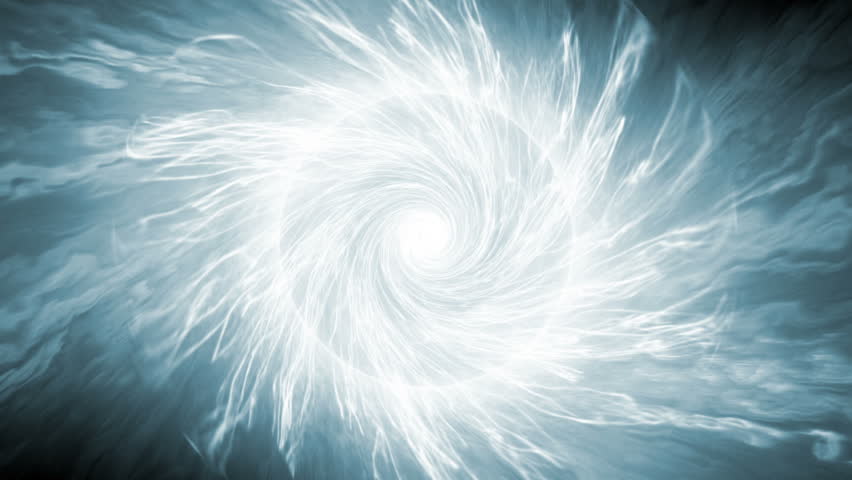
If you think black holes are mysterious, then just wait till you know more about the white holes. Understanding a black hole is incomplete without mentioning its hypothetical counterpart, that is, a white hole.
There is one hypothetical way of making it out of the black hole – through something scientists call a white hole. And as you must have already understood by now, white holes are the exact opposite of black holes.
The concept of a white hole has been around since the 1970s. If black holes pull the matter in, white holes spew them out. While the event horizon of a black hole prevents anything from coming back, the event horizon of a white hole will not allow anything to enter.
Many researchers believe that a black hole and a white hole have a connection between them. Potentially, whatever matter and energy fall into the black hole is thrown out of the white hole. So, it turns out your ticket to freedom from a black hole might be a white hole.
Physicist Carlo Rovelli and Hal M Haggard claimed in their 2014 study that it is possible what black hole swallows, white hole emits.
They explain, “there is a classic metric satisfying the Einstein equations outside a finite space-time region where matter collapses into a black hole and then emerges from a white hole.”
But do not depend on it. Even if it were possible that what went into the black hole came out of the white hole, no living being would make it out of there alive or even in a single piece. But now that we are here, let’s know more about white holes.
Black holes may become white holes
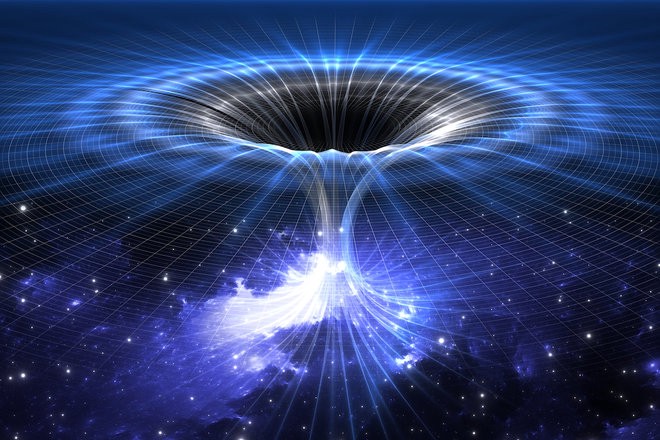
The possibility of a black hole leading to a white hole is not the only theory that connects a black hole and a white hole. According to Rovelli, there is one more relation between them.
Many scientists have given several theories regarding white holes. We have already mentioned earlier that black holes are not here forever – black holes die too. But what then?
According to Rovelli and his team, once a black hole starts evaporating, there comes a point where it can shrink no more. At this point, the black hole would bounce back as a white hole, emitting whatever it has eaten up so far.
But why does this happen? Why can it not just disappear? We will tell you. According to Rovelli, if spacetime fabric were made of quantum – that is, quanta, the smallest, indivisible quantity, then black holes could not disappear.
Talking to Space.com, Rovelli said, “We stumbled onto the fact that a black hole becomes a white hole at the end of its evaporation.”
From black hole to… a wormhole?
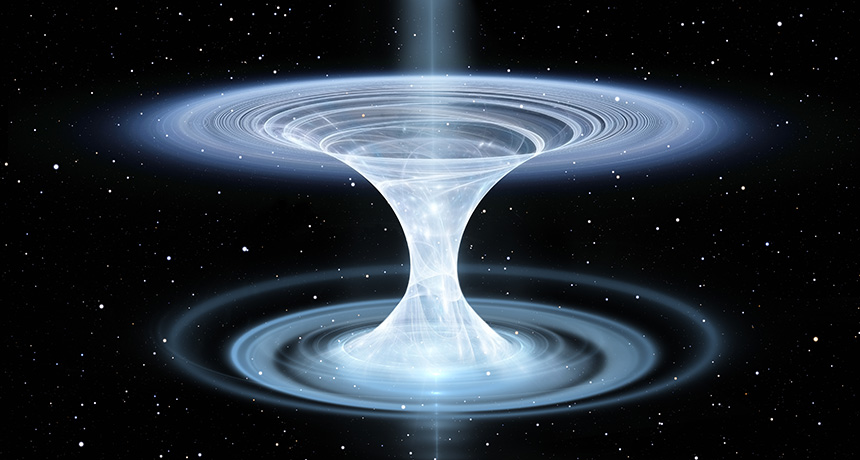
Over years, many scientists have also looked into the possibilities of a wormhole. That’s right, our filmy stuff is here finally.
In case you don’t know, wormholes are the short passageways, kind of a bridge that makes it possible to travel through spacetime. Many scientists have suggested, over time, that black holes could be wormholes to other galaxies and universes.
Interstellar has definitely activated imaginations of many viewers and even scientists, but are wormholes really possible? I might have to disappoint many of you here, but it’s not very likely.
Kip Thorne, author of The Science Of Interstellar, who gave his insights in the making of the movie himself denies it. He wrote, “We see no objects in our universe that could become wormholes as they age.”
As of now, there is not much solid information on whether black holes could be possible wormholes or not.
Black holes in movies
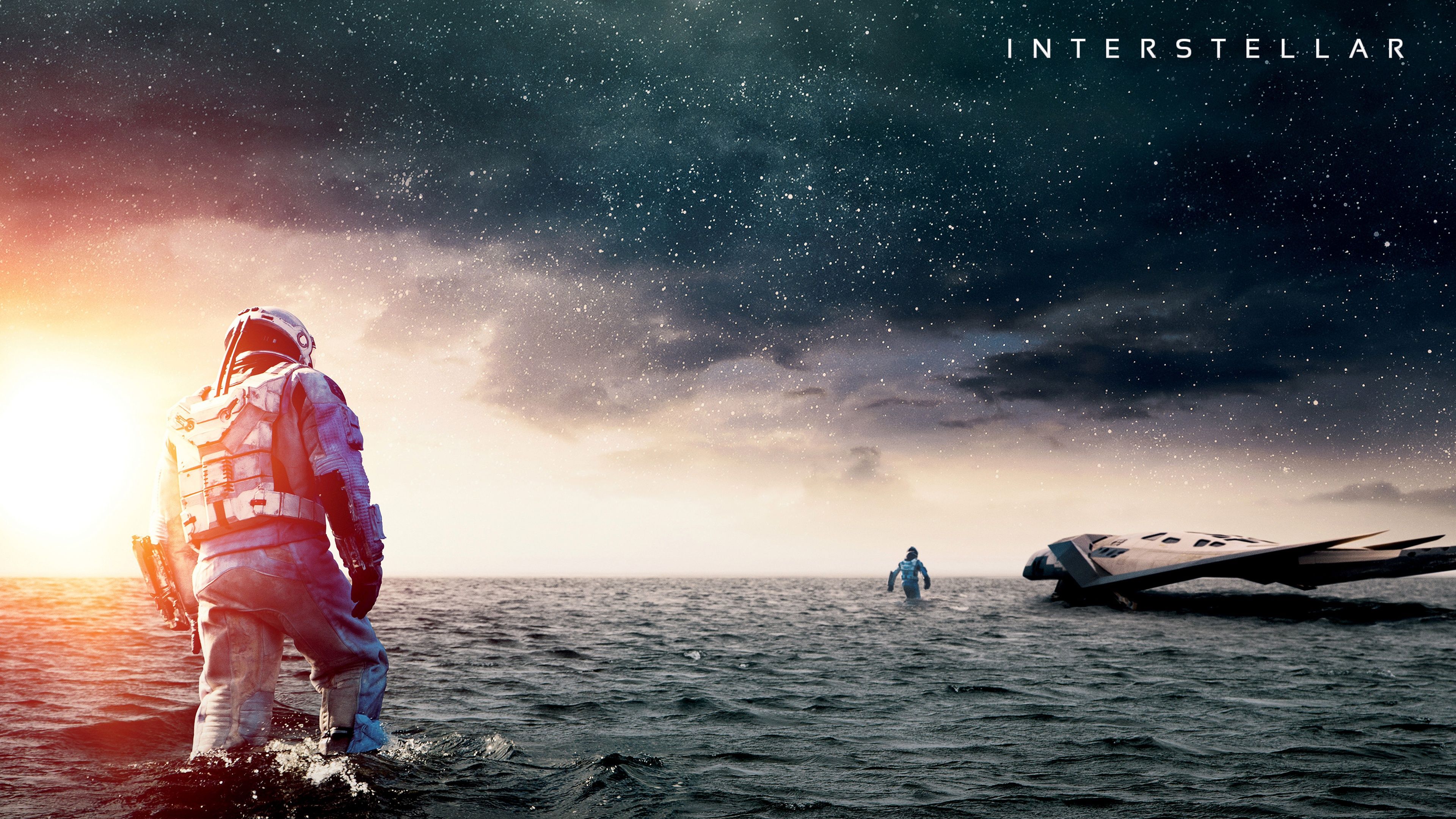
Black holes, as one of the biggest mysteries of the universe, has intrigued not just scientists, but also storytellers.
There have been several movies that have enamoured the viewers with their depiction of black holes. And here we will discuss some of the best ones that you can watch.
And of course, every such list starts with Interstellar. This is not just because it’s one of the greatest science fiction movies ever, but also the accuracy of the science behind it.
Theoretical physicist Kip Thorne had provided his useful insights into the making of the film. This ensured that the movie was as close to reality as possible – and yes, it was.
And it was not just him. There were several other scientists who made sure that the movie is as close to scientific accuracy and correctness as possible.
Then comes the famous Event Horizon. But wait, you can not follow the science in this one. Nope. Many have enjoyed this movie and it’s great in its own way, but the science in it has not been researched well.
This is not the end. There are several movies like The Void, Quantum Apocalypse, Lost in Space that explores black holes and space, but none come close to Interstellar. But hey, what’s wrong with a little enjoyment huh?
So now we will leave you here to decide which movies to watch and what else to know about the space and the universe. Hopefully, we helped you in understanding a black hole well. Until next time!



